
Fenway Health’s Pride in Our Health podcast is an example of new voices being heard, and an alternative means of getting health information to the general public.

Fenway Health’s Pride in Our Health podcast is an example of new voices being heard, and an alternative means of getting health information to the general public.
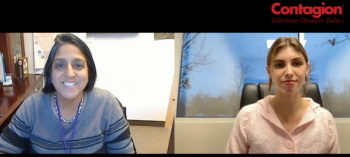
India is the world’s leading consumer of antibiotics, and Amita Gupta, MD, is researching how the country can best mitigate the spread of antimicrobial resistance.

Antimicrobial stewardship efforts need infectious disease doctors, but they are in short supply. Telehealth may be the answer.

Clinical care is evolving in this area and shows promise in the various modalities and therapies that are going through clinical trials.
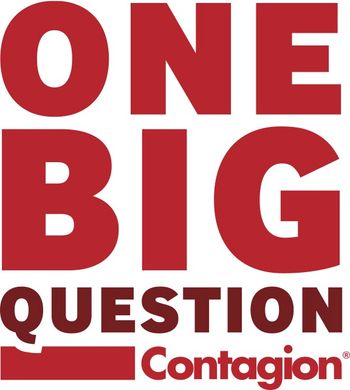
During the C Diff Foundation's Annual conference, providers and stakeholders offered insights on the latest investigational therapies and modalities as they advance through clinical trials.

Dr. Nicola Petrosillo discusses treating C difficile infection and maintaining antimicrobial stewardship during the height of the COVID-19 pandemic in Italy.
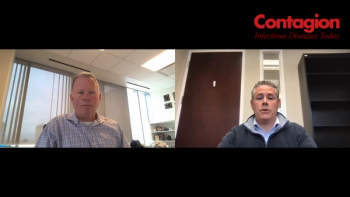
Results on this investigational antibiotic in its phase 2A study were presented at the C Diff. Conference today.
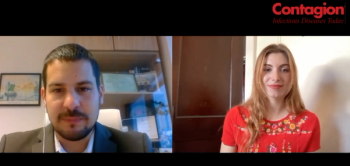
Dr. Tamás Haidegger talks about his work to develop an AI-based scanner that tracks hand hygiene to prevent C difficile and other infections.
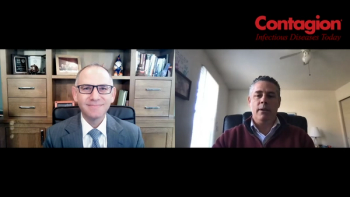
At the C Diff Foundation Conference, promising investigational modalities and therapies, as well as better treatment approaches are all being discussed in hopes of some real inroads being made in this field in the near future.
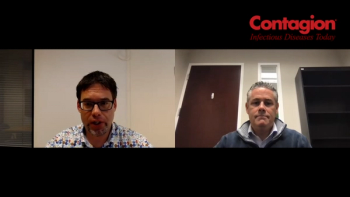
Although no longer indicated as a first-line therapy, metronidazole still has therapeutic benefits and can serve patients in certain settings and circumstances.
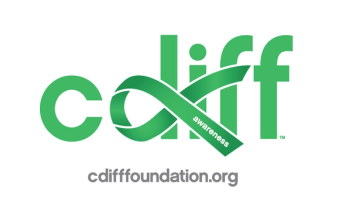
Highlights from the morning session of the C Diff Foundation Conference included data about Pfizer's investigational vaccine, insights about Seres Therapeutics microbiome therapeutic, and a look at CDI incidence rates around COVID-19.
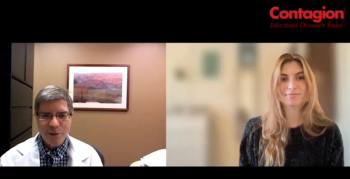
Curtis Donskey, MD, discussed his efforts to encourage C. diff patients and providers to do their part to reduce infection and reinoculation.

The development of these programs are being looked at for private practices in the community settings to try to create better prescribing practices and avoid the potential progression to health care associated infections.

Suzan Walters, PhD, discusses her research on the PrEP care continuum among people who inject drugs in rural versus urban settings.

Loma Linda University worked with local leaders to help promote equitable delivery of COVID-19 vaccines in Black communities.
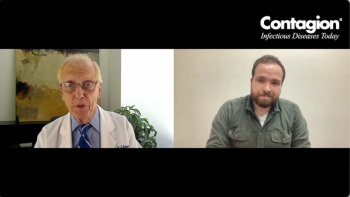
Booster dose eligibility is broadening as the flu season approaches. An expert emphasizes the need to protect for both COVID-19 and the flu in the coming months.
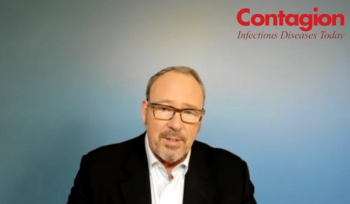
The company’s current investigational medical device, Sigyn Therapy, is a novel medical device that is being studied for addressing viral pathogens and bacterial toxins to avoid this massive inflammation onslaught and the potential of sepsis.

Merck recently announced results looking at their islatravir implant studied for HIV prevention for 3 months. The long-term goal is to have the implant last 12 months following administration.

Providers offer their insights on this important topic.

A new study shows Medicare-aged patients being treated in hospitals saw more of these types of infections, creating a greater burden on care and costs, and showing an increased mortality rate.

US federal health agencies are recommending an additional shot for this diverse patient population, and here on some insights about vaccine efficacy and breakthrough infections in these groups.
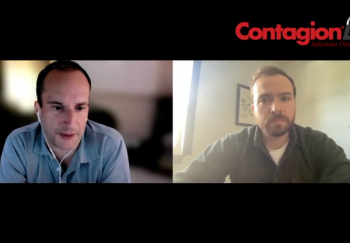
As more agents expand the capability and variety of PrEP options, investigators consider what questions remain about the drug class.

Following the approval of cabotegravir-rilpivirine earlier this year, experts are looking forward to an expansion of the drug class for HIV.

The combination therapy's non-inferior efficacy to heavier TAF regimens may indicate a greater embrace of 2-drug regimens for people living with HIV.
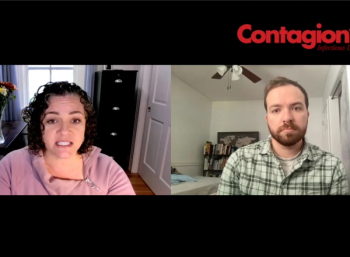
Monica McArthur, MD, PhD, discusses why to-be-authorized COVID-19 vaccine doses for children may not be tiered for patient risk as they were for adults.

New late-breaking data illuminate the specific efficacy of the combination monoclonal antibodies.

A conversation in consideration of the high-risk psychosocial comorbidities the aging HIV population may face through COVID-19.

A new study from IDWeek showed most observed children previously infected with SARS-CoV-2 retained antibodies over 6 months.
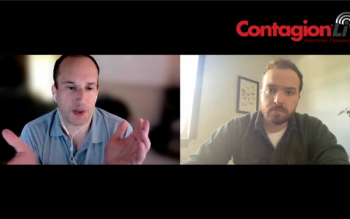
An expert reviews cabotegravir, islatravir, lenacapavir, and what other promising agents that could redefine long-term HIV prevention.

A clinician provides an overview of the data on the microbiota-based live biotherapeutic, RBX2660, which in phase 3 studies has shown safety and reduction in recurrent C difficile infection (rCDI).